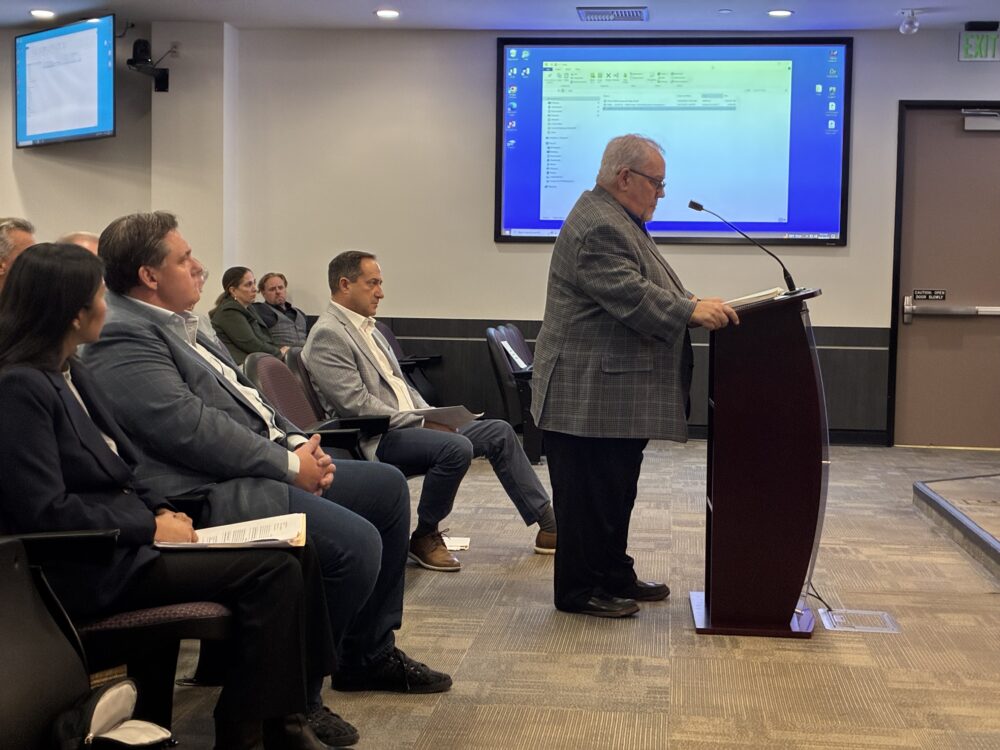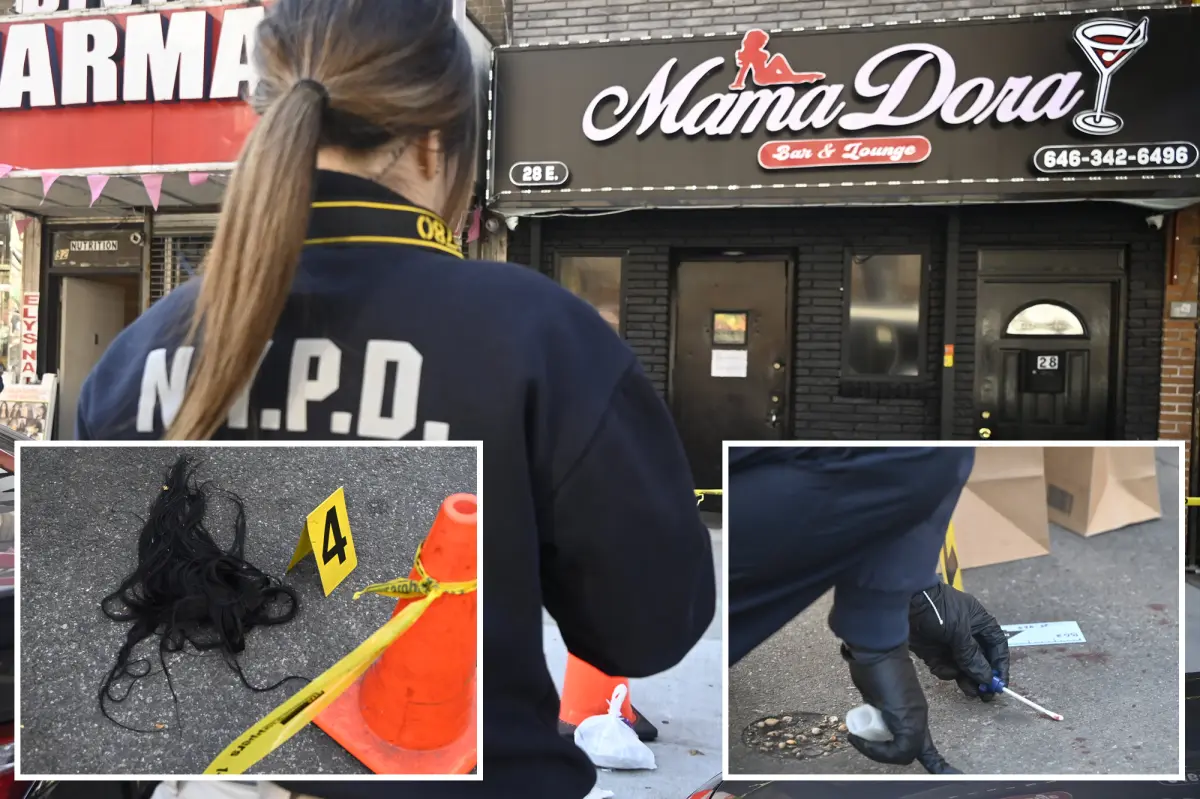Copyright Santa Clarita Valley Signal

The Santa Clarita City Council on Tuesday unanimously approved an expansion for Hasa, a manufacturer and distributor of water-treatment chemicals, despite two council members’ concerns that the plan didn’t provide enough transparency for the public. Hasa has operated at its current location off Drayton Street for 50 years, according to company officials, adding its facilities are outdated, and the new plan was geared toward automation, which would allow for safer, more efficient, state-of-the-art operations. The plan is to “partially demolish and remodel two existing, one-story metal industrial buildings at 25710 and 25750 Springbrook Avenue to accommodate the relocation of the Hasa Inc., 1-gallon bottling operations to the new facility.” Hasa was questioned a few times throughout the process, including by Planning Commissioner Dan Faina — who cast the lone no vote when the plan was in front of the commission last month — about why the bottling facility expansion was necessary, if there was going to be no uptick in chemical manufacturing. Angela Tran, who represented Hasa in front of the Planning Commission, said the plans were about improving the facility’s automation and efficiency, but there were no plans to increase chemical production at the new facility or reduce its workforce from the 140 employed there. In front of the Planning Commission, she painted a hectic scene at the current bottling plant, especially during peak demand for pool cleaner in the summer months, with employees working in very close quarters. The facility also was cited for multiple Occupational Safety and Health Administration violations in 2023, which resulted in more $300,000 total in fines. Officials reported that a total of nine individuals were taken to the hospital for treatment, two in one incident and seven in another. There were no significant violations reported last year based on OSHA records available online. In 2024, Hasa also hosted a safety drill with the L.A. County Fire Department that simulated a leak and the agency’s response. Mayor Pro Tem Laurene Weste said she wanted to make it clear that she didn’t oppose Hasa’s growth or the expansion of the bottling facility, but she shared a similar question as Faina, the commissioner she appointed, regarding a possible expansion and making sure the public knows. She had requested the review by the council because she said oversight was an important part of the process, and safety measures were added as a result. The initial plans from the planning staff did not have a cap on the new facility’s capability to produce the potentially dangerous chemicals Hasa deals with daily in vast amounts: sodium hypochlorite, which is also known as a bleach; hydrochloric or muriatic acid; and sodium hydroxide, which is used to neutralize acid. However, during the Planning Commission discussion, the city conditioned a 50% cap — meaning Hasa could increase its chemical production by that much with a minor use permit, which can be issued by a city director without a hearing. Weste said that the threshold for review wasn’t enough, considering that would mean an increase in production of 12 million gallons with only a staff review. She also said Tuesday that, during discussion of her requested review, Hasa had agreed to add a layer of security to its chemical tanks, which was important. “I just want to say that it is critical that public awareness, public safety, is very transparent. … We trust staff, but when you’re talking about a 50% increase … and there’s no public appraisal of that. I think Hasa does a really good job. I think they can do a better job in a new facility, and there’ll be more safety measures there, but if we have an opportunity for them to expand, the public should be aware of it, and that is putting a very public face on it, so that they know that we know that what’s being done is safe.” Councilwoman Marsha McLean agreed and asked why there needs to be any threshold — why wouldn’t the city require Hasa to come before the council if it wants any increase in production? In expressing his support for Hasa, Mayor Bill Miranda said his understanding was that the hospitalizations in the prior incidents were precautionary. Hunt Braly, a registered lobbyist working on the project for Hasa, said the company agreed to a 50% cap so he didn’t understand why there was now a requirement for City Council permission to increase production by even 1 gallon. Weste called for 20%. Councilman Jason Gibbs countered that was “arbitrary,” in recommending the staff motion, which had the requirement for a minor use permit for any increase up to 50% of its current production volume. Gibbs also asked for language that the Planning Commission be notified on any minor-use permit request for the property. Councilwoman Patsy Ayala seconded the motion.



